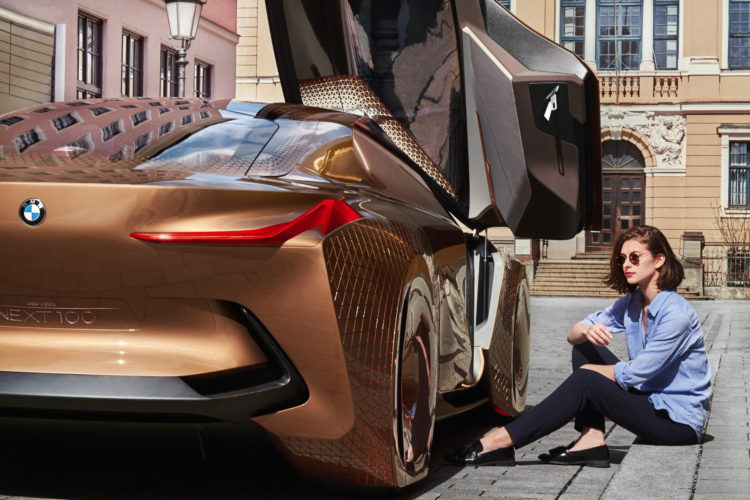According to Maximilian Doemling, who is BMW’s senior manager for “highly automated driving”, the German carmaker will be launching its own fleet of self-driving cars in China in the next five years.
The move seems to be a peer-pressure reaction to the feverish activities that are being conducted by companies like Apple (iCar), Google, Tesla, Ford, General Motors and Mercedes Benz in the realm of autonomous driving technology.
But what’s most significant is that their concept car is already prototyped. Here are some photos from the BMW blog:
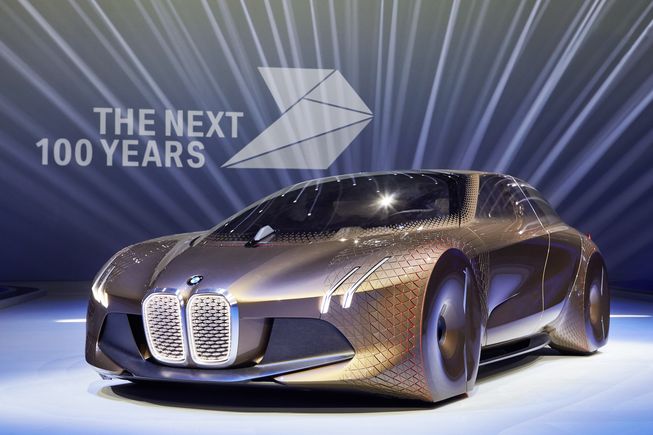
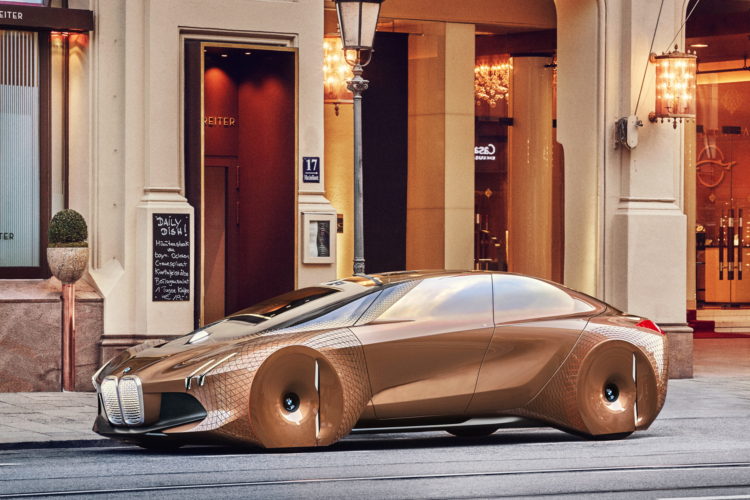
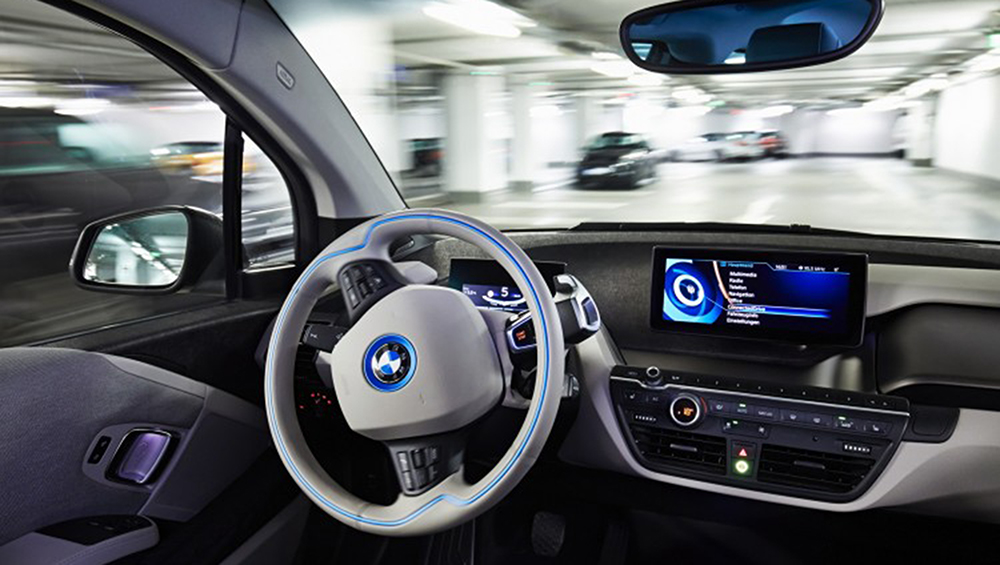
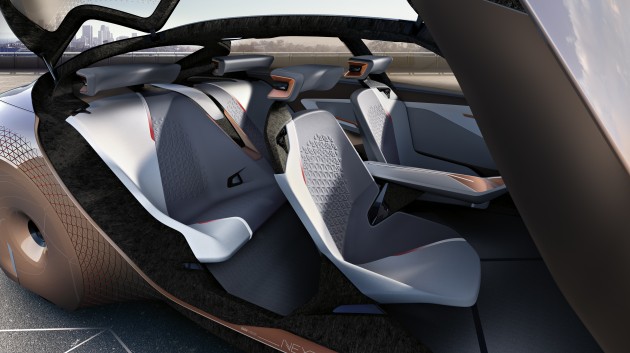
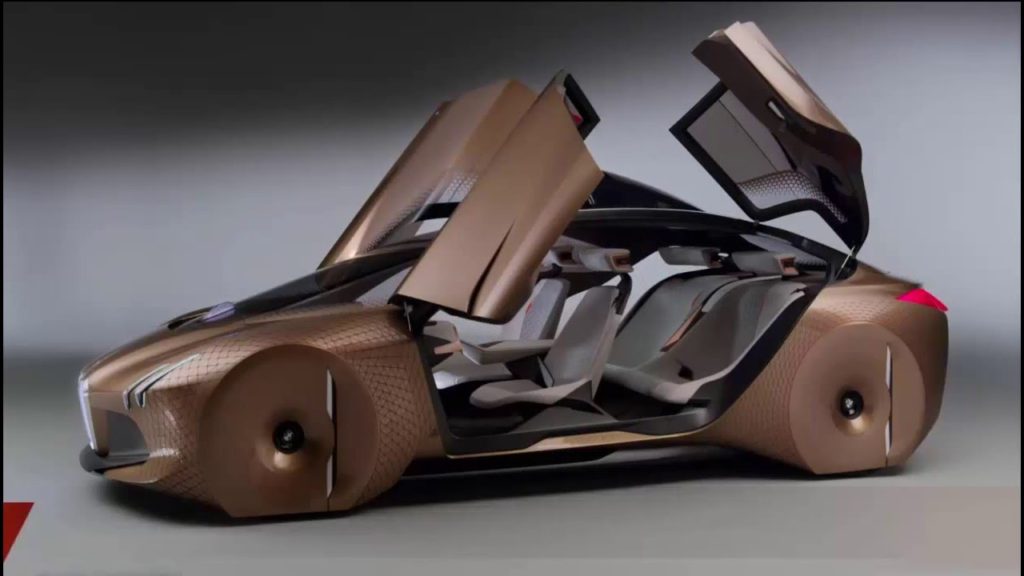
What looks like a scene from a futuristic James Bond movie could become reality on Chinese roads by 2021.
The company points to the fact that they’ve already partnered with Intel to provide the car’s superior processing capability, and are working with driver assistance technology company Mobileye for the core technologies that will be found in the car.
The strange thing is, Mobileye seems to be very much in demand because Tesla has partnered with them as well. Of course, the technologies will be deployed very differently in a BMW versus a Tesla, but the underlying software and much of the hardware required to make driverless technology a reality may end up being very similar on both brands.
Many analysts feel that completely autonomous driving is still more than a decade away because of increasingly stringent regulations around driverless car technology. I would tend to agree. For example, Tesla’s Autopilot can handle highway traffic to a great extent, but it still requires the driver to be alert and ready to take over on a moment’s notice.
True driverless technology has only been seen in science fiction movies so far, but if you look at the world around us today, much of what we have at our disposal used to be called science fiction not too many years ago.
The problem with any fully automated system is that it has to be capable of all the reactionary responses that an experienced human driver can exhibit. It not only has to follow rules, but it has to make judgment calls on a split second basis. Essentially, you’re trying to create an artificial intelligence system that can negotiate practically anything the road throws at it. Sometimes, literally speaking.
We will definitely have these cars available to us – or at least the technology that drives them – in the next decade. The tech itself will keep getting “refined” until a driverless car can easily negotiate traffic in some of the most congested cities in the world like Tokyo or Bombay (Mumbai). That will be the ultimate test of autonomous driving.
In the meantime, research into the possibility of driverless technology continues at companies like IBM with their automated shuttle vehicle Olli, Ford with their snow testing, at Apple and every other tech company with deep pockets that wants to be in this space – and making billions of dollars from it – ten years from now.
